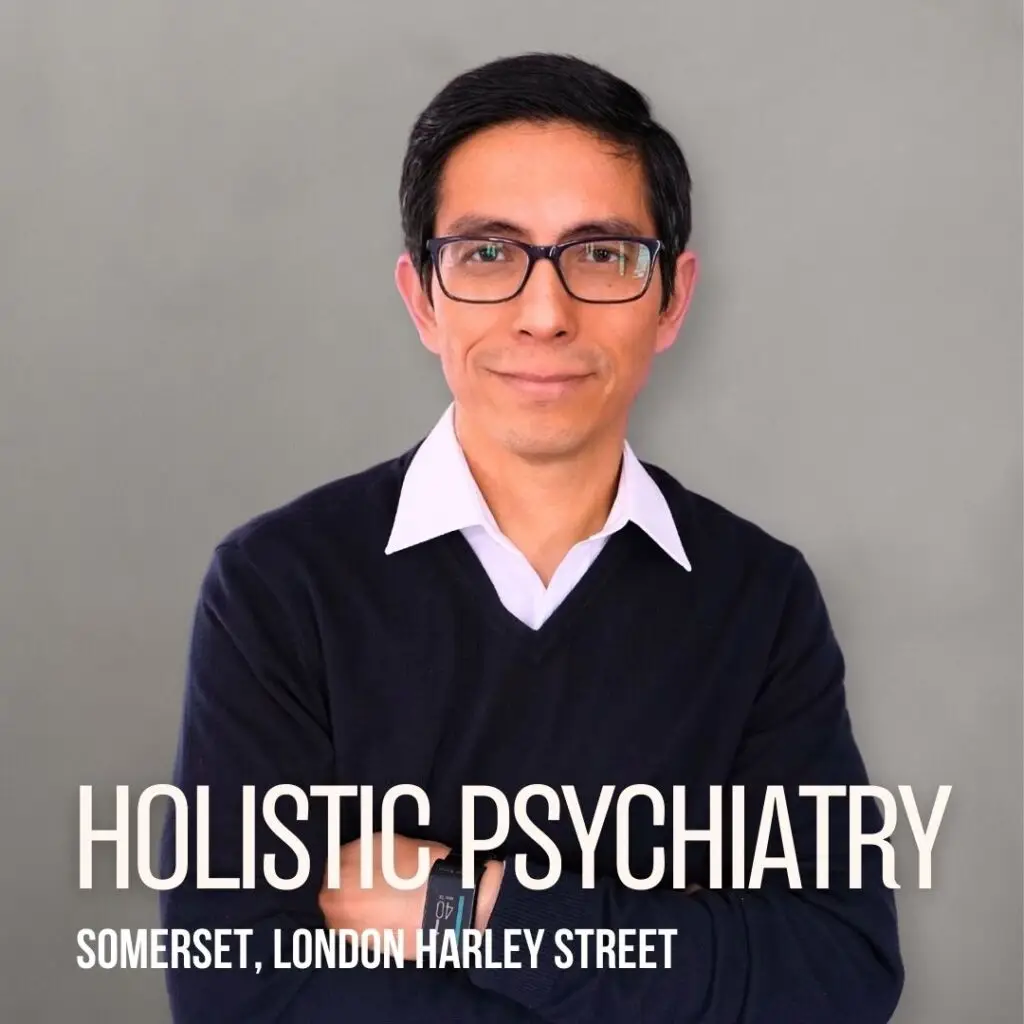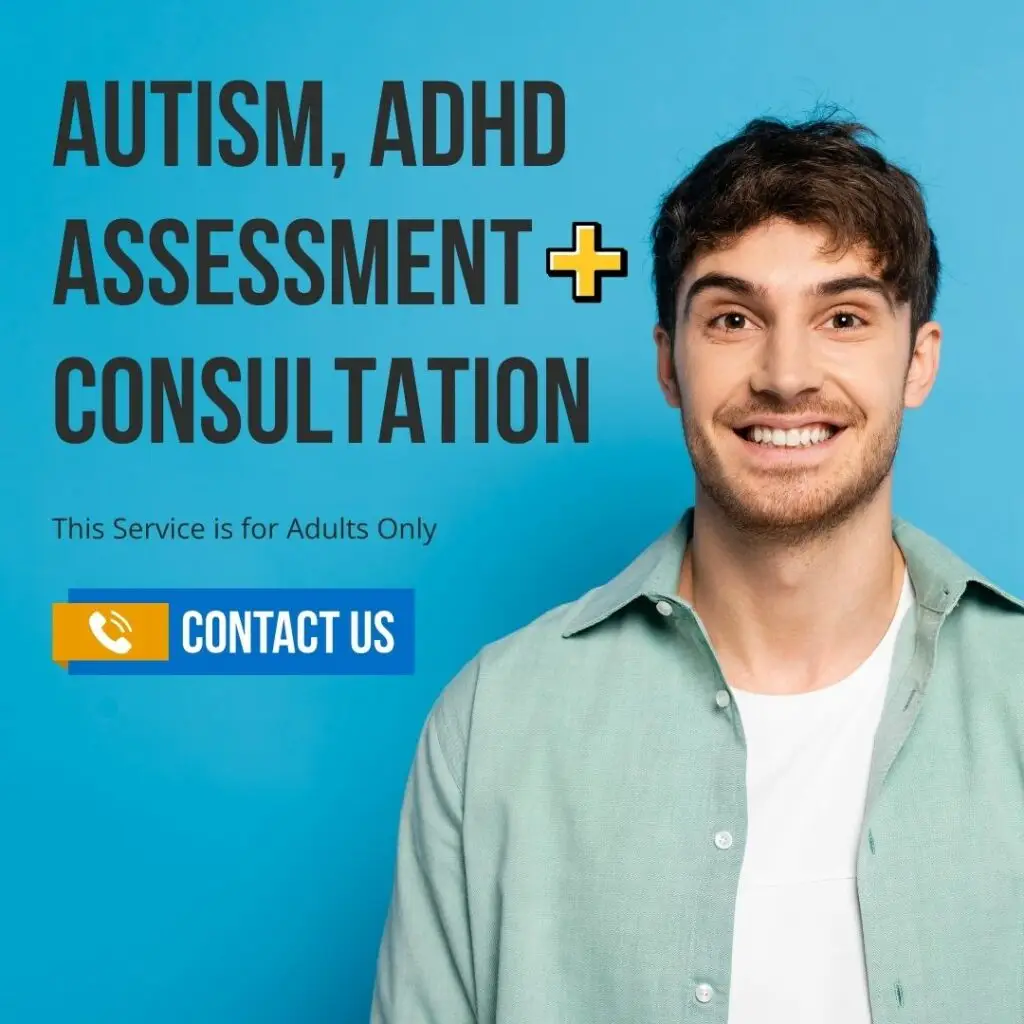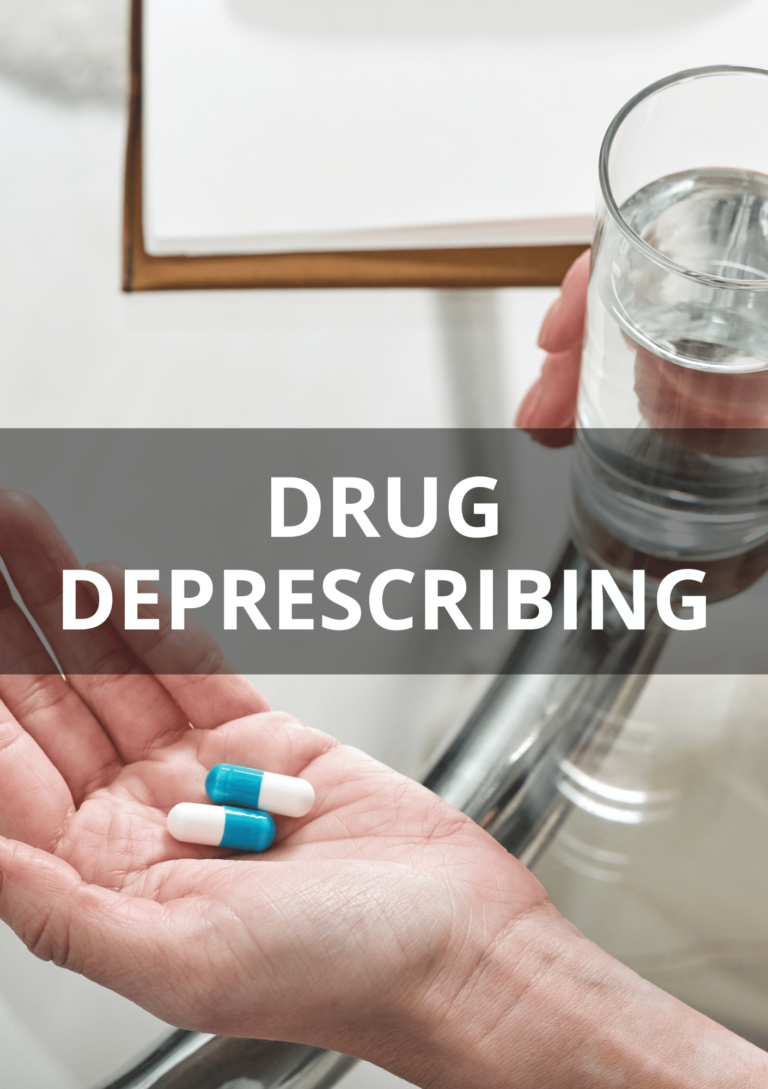In today’s world, many people rely on medications to manage their mental health conditions. While medications can be helpful, some people feel the need to reduce or stop their medications for various reasons. This process is called deprescribing, and when done correctly, it can lead to improved wellbeing. However, it’s important to approach deprescribing with care and support from a medical professional. In this guide, we will explain why deprescribing can be helpful, how to do it safely, and what to expect along the way.
Why Do People Want to Reduce or Stop Medications?
There are several reasons why someone might want to reduce or stop their medications. For some, the side effects of medications can become overwhelming. Common side effects of psychiatric medications include weight gain, drowsiness, and emotional numbness. These side effects can interfere with daily life and make it hard to feel like yourself.
Another reason is that medications might not be working as well as they once did. Over time, some people may find that their medication no longer provides the same benefits. In these cases, reducing or stopping the medication might be a way to explore other treatment options.
Some people also want to reduce medications because they feel that they’ve made progress in their mental health journey. They may have learned new coping skills or made lifestyle changes that support their mental health. As a result, they may feel ready to manage their mental health without medication.
Whatever the reason, it’s important to remember that the decision to reduce or stop medication should always be made in consultation with a healthcare professional.
The Risks of Stopping Medication Suddenly
Before we dive into how to deprescribe safely, it’s important to understand why stopping medication suddenly can be dangerous. Psychiatric medications affect the brain and body in many ways, and stopping them too quickly can cause withdrawal symptoms. These symptoms can include anxiety, mood swings, irritability, and even physical symptoms like nausea and dizziness.
In some cases, stopping medication suddenly can also cause a relapse of the condition that the medication was helping to manage. For example, someone who is taking medication for depression may experience a return of depressive symptoms if they stop their medication abruptly.
This is why it’s so important to work with a healthcare professional when considering deprescribing. They can help create a plan that allows you to reduce your medication slowly and safely.
Steps to Safely Reduce or Stop Medications
If you are considering reducing or stopping your medication, here are the steps you should follow to ensure a safe and successful transition:
Consult Your Healthcare Provider
The first step in any deprescribing plan is to talk to your doctor or psychiatrist. They will assess your situation and help you decide if reducing your medication is the right choice. Your doctor will also help you create a tapering plan, which involves gradually lowering your dosage over time. This helps to minimise withdrawal symptoms and gives your body time to adjust.Create a Personalised Tapering Plan
Every person is different, and there is no one-size-fits-all approach to deprescribing. Your doctor will work with you to create a tapering plan that is tailored to your specific needs. Some medications can be reduced more quickly, while others may need to be tapered very slowly. In some cases, your doctor may recommend switching to a different medication that is easier to taper off.Monitor Your Progress
As you begin to reduce your medication, it’s important to keep track of how you are feeling. Pay attention to any changes in your mood, energy levels, or physical health. Keeping a journal can be helpful for tracking your progress. It’s also a good idea to have regular check-ins with your doctor during this time. They can make adjustments to your tapering plan if needed and provide support along the way.Be Patient
Deprescribing can take time, and it’s important to be patient with yourself during this process. Reducing medication too quickly can lead to uncomfortable withdrawal symptoms, so it’s important to go at a pace that feels right for you. Remember that healing is a journey, and it’s okay to take things slow.Use Other Supportive Therapies
As you reduce your medication, it’s a good idea to explore other therapies that can support your mental health. This could include talking therapy, meditation, exercise, or spiritual practices. These therapies can help you manage your mental health during the tapering process and beyond.
What to Expect During Deprescribing
The process of deprescribing is different for everyone, but there are some common experiences that many people share. Knowing what to expect can help you feel more prepared as you reduce your medication.
Withdrawal Symptoms
It’s common to experience some withdrawal symptoms when reducing or stopping psychiatric medication. These symptoms can include mood changes, irritability, anxiety, and physical symptoms like headaches or nausea. These symptoms are usually temporary and will improve as your body adjusts to the lower dose of medication. However, if you are experiencing severe symptoms, it’s important to contact your doctor.Changes in Mood
As your brain adjusts to the lower levels of medication, you may notice changes in your mood. Some people experience a temporary increase in anxiety or depression during the tapering process. It’s important to stay in close contact with your doctor and let them know if you are struggling.Improved Wellbeing
For many people, deprescribing leads to an overall improvement in their sense of wellbeing. Once the body adjusts, you may find that you have more energy, clearer thinking, and a greater sense of emotional balance. Without the side effects of medication, many people feel more like themselves.A Renewed Sense of Control
One of the most rewarding aspects of deprescribing is the sense of control that comes with managing your mental health without relying on medication. Many people find that reducing or stopping medication helps them feel more empowered and connected to their own healing process.
When to Reconsider Deprescribing
While deprescribing can be a positive experience for many people, it’s not the right choice for everyone. It’s important to remember that medications can be a valuable tool in managing mental health conditions, and there’s no shame in continuing to take them if they are helping you.
If you find that your mental health symptoms are returning or worsening during the tapering process, it may be a sign that you need to pause or reconsider your deprescribing plan. It’s okay to take a break from tapering or to continue taking a medication if it’s benefiting your mental health.
Tips for a Successful Deprescribing Journey
Stay Connected to Support
Whether it’s a healthcare professional, a therapist, or a trusted friend or family member, having a support system in place is crucial during the deprescribing process. Share your experiences with someone you trust and don’t hesitate to reach out for help if you’re feeling overwhelmed.Practice Self-Care
Taking care of your mind, body, and spirit is especially important during deprescribing. Make sure you’re getting enough sleep, eating nourishing foods, and engaging in activities that bring you joy. Incorporating practices like meditation or yoga can also help to support your emotional balance during this time.Be Open to Adjustments
Deprescribing is a flexible process, and it’s important to be open to adjustments along the way. If you find that you’re struggling with the tapering plan, talk to your doctor about making changes. It’s okay to go slower or take breaks if needed.Focus on Long-Term Wellbeing
Keep in mind that deprescribing is just one part of your mental health journey. The goal is to create long-term wellbeing, whether that involves medication or not. Stay focused on what feels right for you and be proud of the progress you’re making.
Conclusion
Deprescribing can be a powerful step towards achieving greater control over your mental health and overall wellbeing. With the right support and a carefully planned approach, you can reduce or stop your medication safely and effectively. Remember that it’s important to consult your healthcare provider, create a personalised tapering plan, and monitor your progress along the way. With patience and self-care, you can move towards a healthier and more empowered future.









